Paris, September 20, 2008
The EU has to rethink its economic model to make the financial system serve development.
We are witnessing a financial earthquake. The rate things are going, we are moving towards a historically unprecedented contraction of the financial world, which had distanced itself from the real economy. This development, most likely unavoidable and in some respects healthy, will inevitably impact on the economy. It has emerged that this capitalist system had a flawed construction, and its players did not make the requisite adjustments soon enough.
First error: the weaknesses in the monitoring of the risks, with financial players not grasping the impact of the innovations the finance industry has increasingly been introducing. Second error: the weak governance of an opaque system which claimed to be self-regulatory and whose excesses some - especially "Anglo-Saxon" - regulators did not want or know how to curb.
Finally, third error: the ethical weakness of a financial model guilty of closing its eyes to a general abdication of responsibility and practices resembling veritable financial crime. Indeed how do you describe the large-scale sale of reputedly risk-free complex financial products, whose profitability in fact depended on a highly speculative segment of the property market? We thought, after the Enron crisis in 2001, that the financial players had understood the importance of ethical considerations.
Three too many errors, which now have to be corrected. Yet I am struck by the contrast between the praise showered on the European mobilization to stop a conflict on our doorstep and the criticism levelled at Europe for essentially remaining a spectator in this financial crisis.
Let’s be fair, this accusation is unfounded. Europe is actively responding. For the past year the Central European Bank (ECB) has been injecting liquidity into the interbank market. The Ecofin Council has mobilized to prepare the first Community responses so as to protect our countries from the repercussions of this crisis. At Christine Lagarde’s instigation, the EU is participating in the essential international consultations, now more essential then ever.
But at the appropriate time, we shall have to go further. Faced with this turmoil in the financial world, Europe must prepare to rethink its economic model and the importance it intends attaching to the financial sphere. Europeans must first get back to the principles at the heart of their historic approach to economic and financial development.
These principles are common to most Member States and constitute a genuine European economic identity. What are they? Transparency, accountability, ethics, establishment of long-term relations of trust between financial players and entrepreneurs, and the leading role of the public authorities and regulators, at European or national level, in enforcing compliance, by everyone, of the rules of the game. In short, finance is at the service of economic development and the economy must not be dependent on the sophistication of the products and financial speculation.
Secondly, Europeans must commit to a new stage in economic and financial integration, without which a genuinely European financial model cannot emerge. In reality it is because of the lack of integration of its banking and financial markets that Europe has not been able to achieve the critical size which would have allowed it to rival the United States in attracting the mass of liquidity coming from the emerging powers.
Without the euro diplomacy which I champion, Europeans are depriving themselves of all the benefits a currency, which is already the world’s second largest reserve currency, can give them. European companies must draw up their contracts in euro. Without strong economic and financial governance, Europeans will not be able to manage the crises effectively. The Americans have had the courage to carry out a salutary purge while "nationalizing" when necessary, under the strict authority of the federal authorities and the Central Bank. That shows the limits of free market financial ideology and need for pragmatic interventionism.
As far as Europe is concerned, in order to protect against all eventualities it must, very fast, give itself: a better structured and integrated regulatory system to supervise the increasingly transnational groups; an early-warning mechanism and "consensus conferences" bringing together the principal international financial stakeholders to adopt emergency measures; local regulation capable of measuring accurately the risks incurred by all the financial institutions, not just banks; finally, accounting standards allowing the sound valuation of assets instead of encouraging speculation and volatility, as has been case over the past few years. These measures are in particular proposed by René Ricol in the report he gave President Sarkozy on 2 September. Under these conditions, Europe will be able to reassure and protect savers and depositors. This is what is at stake. This is why we are all concerned. This is why we have to act fast. All this means politicians taking action in Europe. We want to get our partners to share this firm belief at the October European Council./.
Andres Agostini - Arlington, VA, USA
Preferred Sites:
www.AgosBlogs.blogspot.com
www.AndyBelieves.Blogspot.com
www.AndyBelieves2.blogspot.com
www.AndresAgostini.blogspot.com
www.youtube.com/watch?v=tOHiKT127DM




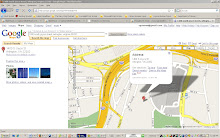


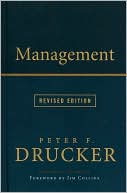
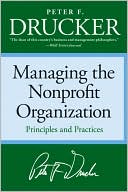

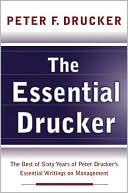
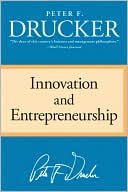

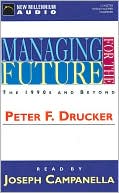
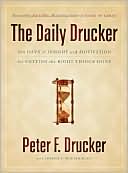

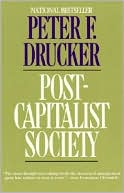

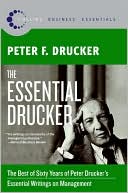
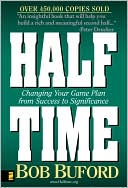
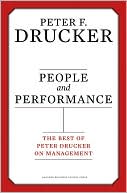
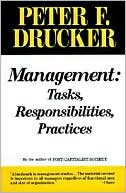
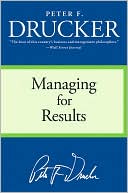


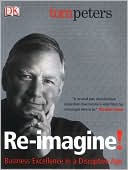

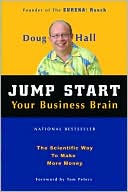
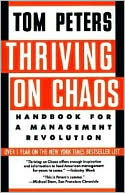

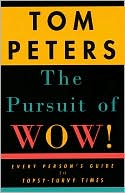

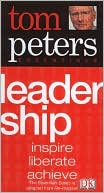












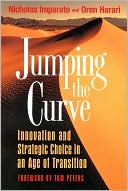
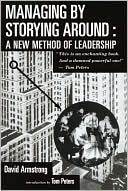

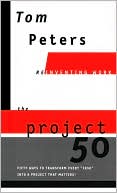

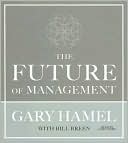



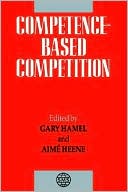
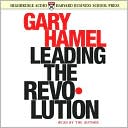

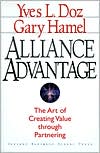








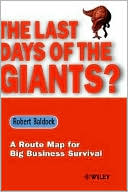

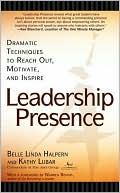
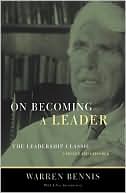







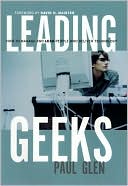

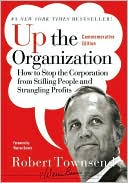
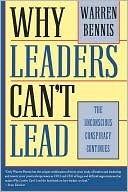
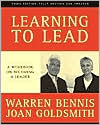
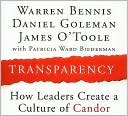







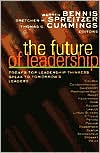
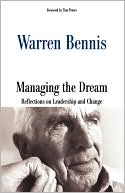
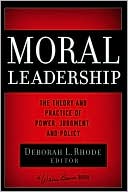
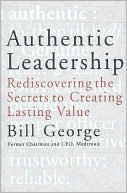



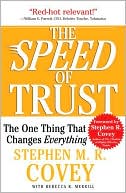

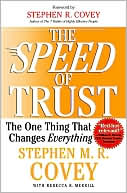
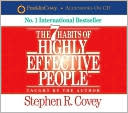
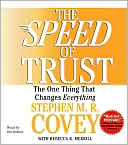

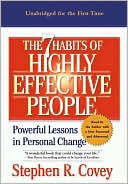





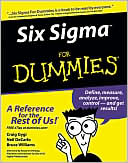



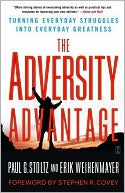


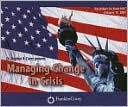




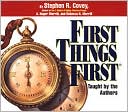
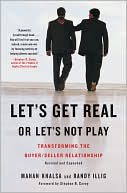




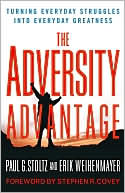

































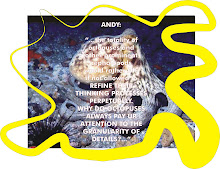




No comments:
Post a Comment